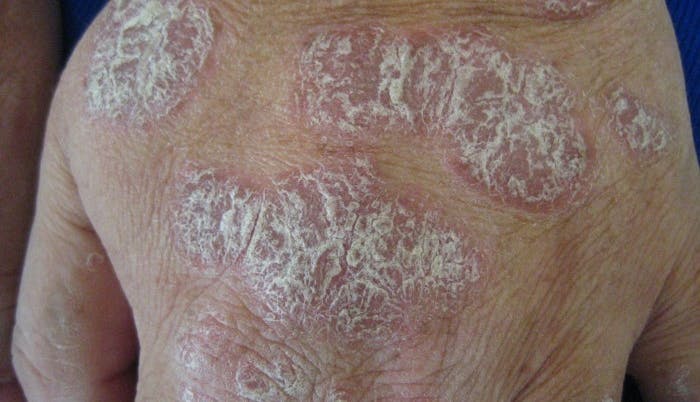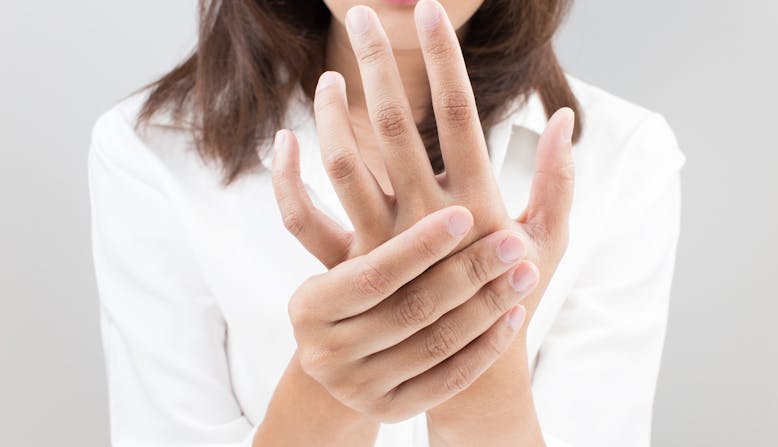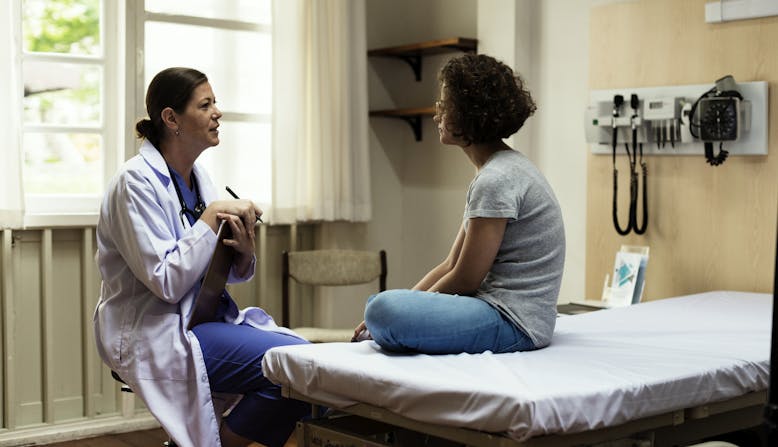For Teens
This is your place.
Welcome to Our Spot! We’ll try to answer your questions about psoriasis and psoriatic arthritis (together called psoriatic disease) and how they may impact your life.
%20(15).png?ixlib=gatsbyFP&auto=compress%2Cformat&fit=max&rect=0%2C0%2C650%2C450&w=650&h=450)

What is Psoriasis?
Psoriasis is an immune-mediated disease that causes inflammation in the body such as raised plaques and scales on the skin.

What is Psoriatic Arthritis?
Psoriatic arthritis (PsA) is a chronic, inflammatory disease of the joints and entheses, and can start at any age.

Managing Your Overall Health
New page coming soon!
How Could Psoriatic Disease Affect My Life?

Talking About Psoriatic Disease with Others
New page coming soon!

Responding to Bullying
Learn how to recognize bullying and what to do if you do experience it.

Dating and Relationships
New page coming soon!
What Can I Do to Manage My Psoriatic Disease?

Take Charge of Your Life
As you grow up you are likely to become more responsible for managing your life, including your psoriatic disease.

Off to College
If you are choosing to go to college, here are some tips to help make transitioning to college life a bit easier.

Work Life
Whether you have been working for a while or are now looking for your first full-time job, know that many people with psoriatic disease find and hold fulfilling jobs.
Want to Get Involved with NPF?
Become an NPF Youth Ambassador and join a great group of teens who lead for change and inspire others living with psoriatic disease.
Stories, Resources, and More

Patient Navigation Center
Contact the Patient Navigation Center for free, personalized guidance and support for psoriasis and psoriatic arthritis.

Stories for Teens and Young Adults
Discover stories from teens and young adults about managing life with psoriasis and psoriatic arthritis.

Watch & Listen
Tune in to this featured playlist curated with media items for you.